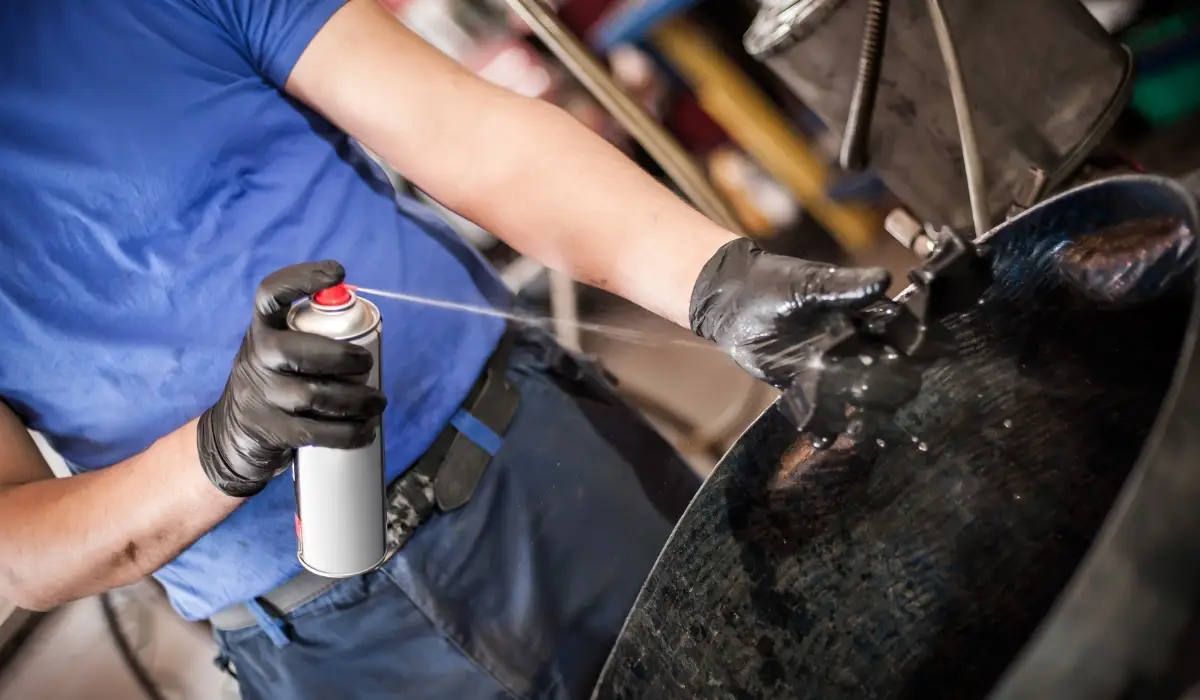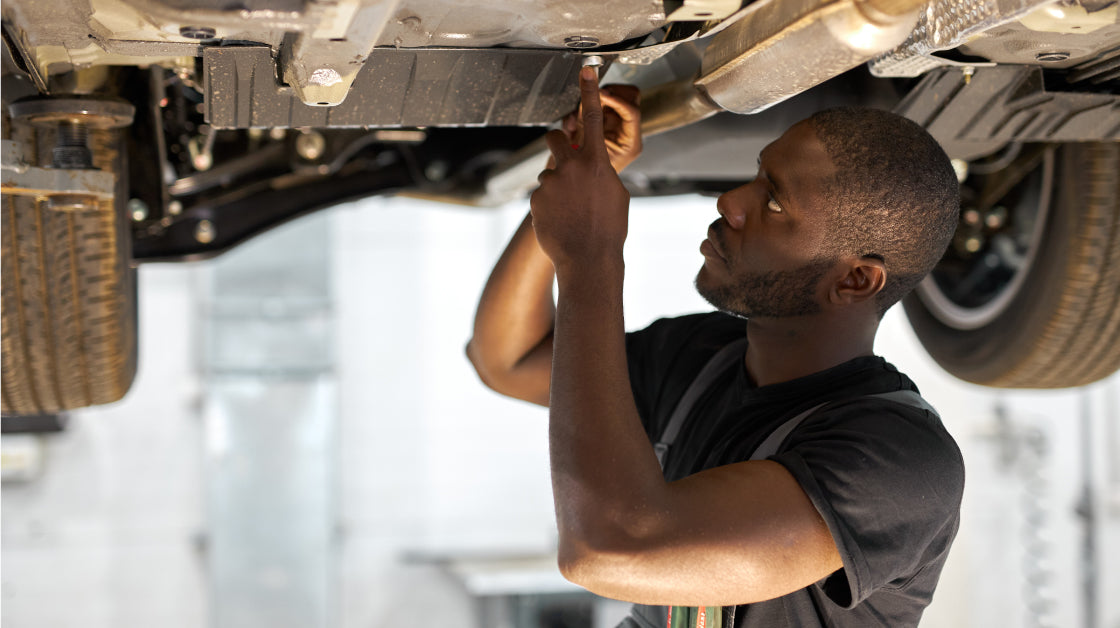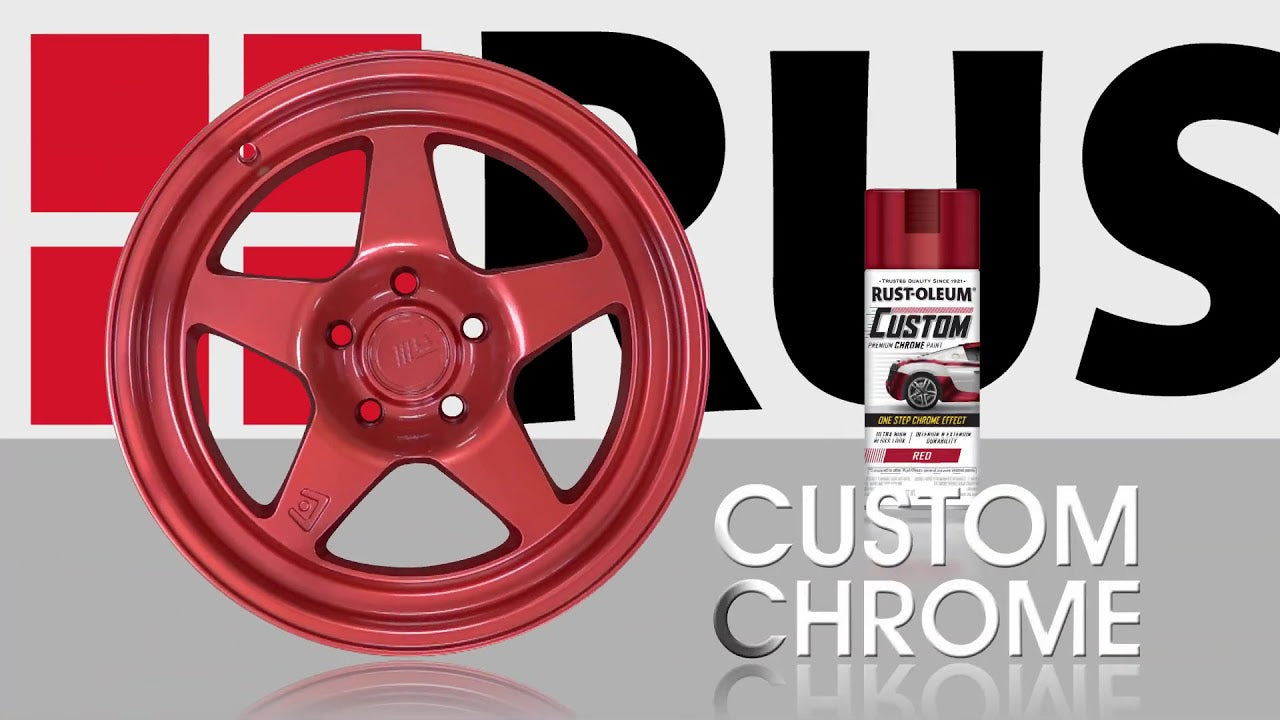Car Door Hinge Lubricants A Comprehensive Guide
Car door hinges are an essential part of any vehicle, allowing for the smooth and easy opening and closing of the doors. However, over time, these hinges can become worn and stiff, leading to difficulty in operation and even potential safety hazards. This is where car door hinge lubricants come in. Regularly applying lubricant to your car door hinges can prevent these issues and ensure that your doors operate smoothly and silently. In this article, we will delve into the world of car door hinge lubricants, discussing the different types available, how to choose the right one for your vehicle, and how to properly apply it. So let’s get started!
The Importance of Car Door Hinge Lubrication

Car door hinges endure a lot of wear and tear on a daily basis, with frequent opening and closing, as well as exposure to various environmental elements such as dust, dirt, and moisture. As a result, they can become stiff, rusted, or worn out, which can lead to difficulty in opening and closing the doors, as well as unwanted noises such as squeaking or popping. Regularly lubricating your car door hinges can prevent these issues and ensure that your vehicle's doors open and close smoothly and quietly.
Additionally, proper lubrication can extend the lifespan of your car door hinges, saving you money on costly replacements. It is also a crucial maintenance step that is often overlooked but can have a significant impact on the overall performance and safety of your vehicle.
Types of Car Door Hinge Lubricants

There are three main types of car door hinge lubricants available on the market – oil-based, grease-based, and dry lubricants. Each type has its own advantages and disadvantages, so it is essential to understand their differences before choosing the right one for your vehicle.
Oil-Based Lubricants
Oil-based lubricants are the most commonly used type of lubricant for car door hinges. They are easy to apply, provide good protection against wear and corrosion, and are generally inexpensive. They come in liquid form and can be applied using a spray or a drip bottle.
However, one downside of oil-based lubricants is that they can attract dust and dirt, which can shorten their lifespan and make them less effective over time. Additionally, if too much lubricant is applied, it can drip onto other parts of the vehicle, creating a mess. Therefore, it is crucial to use only a small amount of oil-based lubricant and wipe off any excess to prevent this issue.
Grease-Based Lubricants
Grease-based lubricants are thicker than oil-based lubricants and provide longer-lasting protection. They are less likely to attract dust and dirt, making them ideal for vehicles that are frequently exposed to harsh environments or off-road conditions. They usually come in a tube or a tub and require a brush or an applicator for proper application.
However, one downside of grease-based lubricants is that they can leave a messy residue, which can be challenging to clean up. Moreover, they may not be as effective in extreme temperatures, as they can become too thick in cold weather and too thin in hot weather. Therefore, it is important to choose a high-quality, temperature-resistant grease-based lubricant for your car door hinges.
Dry Lubricants
Dry lubricants, also known as powder-based lubricants, are a newer type of lubricant that has gained popularity in recent years. They are made from microscopic particles that provide excellent lubrication without attracting dust and dirt. They usually come in a powder or aerosol form and can be applied using a brush or by spraying.
Dry lubricants are highly effective at reducing friction and wear on car door hinges and do not leave any messy residue. However, they tend to be more expensive than other types of lubricants and may require more frequent application. But for those looking for a cleaner and longer-lasting lubrication solution, dry lubricants are worth considering.
How to Lubricate Car Door Hinges

Now that we have discussed the different types of car door hinge lubricants let's dive into the process of lubricating your vehicle's hinges. Here is a step-by-step guide to follow:
- Gather all necessary materials – Before starting, make sure you have the right type of lubricant for your vehicle, as well as a clean cloth or rag, and a small brush or applicator if needed.
- Prepare the door hinge – Open the door fully and use the rag to clean any dirt or debris from the hinge area.
- Apply the lubricant – Depending on the type of lubricant, either spray or drip a small amount onto the hinge. If using an oil-based or grease-based lubricant, be careful not to overdo it, as excess lubricant can attract dirt and create a messy buildup.
- Move the door back and forth – Once the hinge is lubricated, move the door back and forth a few times to evenly distribute the lubricant and remove any excess.
- Wipe off any excess – Use the rag to wipe off any remaining lubricant from the hinge and surrounding areas.
- Repeat on other hinges – Repeat the same process for all other hinges on the vehicle.
- Allow time to dry – Give the lubricant some time to dry before closing the doors to prevent any staining or transfer of the lubricant onto other parts of the vehicle.
Benefits of Regularly Lubricating Car Door Hinges
Regularly lubricating your car door hinges can bring numerous benefits, including:
- Smooth and noiseless operation of the doors
- Prevention of rust, wear, and corrosion on the hinges
- Extended lifespan of the hinges
- Reduced risk of door malfunctions and accidents
- Lower maintenance costs in the long run
By taking a few minutes to lubricate your car door hinges, you can ensure that your doors operate smoothly and quietly for years to come.
Troubleshooting Common Car Door Hinge Problems
In addition to regular lubrication, it is essential to be aware of any potential issues with your car door hinges and address them promptly. Here are some common problems you may encounter and how to troubleshoot them:
Stiff or rusty hinges
If your car door hinges have become stiff or rusted, it is a sign that they need to be lubricated. Follow the steps outlined above to apply lubricant and improve their performance.
Squeaking or popping noises
Squeaking or popping noises when opening or closing your vehicle's doors can be a sign of worn out or improperly lubricated hinges. In this case, check the hinges for any visible wear or damage, clean and lubricate them properly, and if the issue persists, consider replacing them.
Loose hinges
If your car door hinges feel loose or wobbly, it could indicate a problem with the door alignment or hinge pins. In this case, it is best to take your vehicle to a professional mechanic for inspection and repairs.
Choosing the Right Car Door Hinge Lubricant
With various types of car door hinge lubricants available on the market, it can be overwhelming to choose the right one. Here are some factors to consider when selecting a lubricant for your vehicle:
- The climate and environmental conditions your vehicle is typically exposed to
- The frequency of use of your vehicle and its doors
- The type of door hinges on your vehicle (e.g., standard or continuous)
- The ease of application and compatibility with your vehicle's materials
- Your personal preference for oil-based, grease-based, or dry lubricants
It is also essential to choose a high-quality lubricant from a reputable brand to ensure its effectiveness and longevity.
Step-by-Step Guide to Lubricating Car Door Hinges
To summarize, here is a quick step-by-step guide to follow when lubricating your car door hinges:
- Gather materials – Lubricant, rag, and brush or applicator if needed.
- Clean hinge area – Use a rag to remove any dirt or debris from the hinge area.
- Apply lubricant – Spray or drip a small amount of lubricant onto the hinge.
- Move the door back and forth – To evenly distribute the lubricant and remove excess.
- Wipe off any excess – Use the rag to wipe off any remaining lubricant.
- Repeat on other hinges – Follow the same process for all other hinges on the vehicle.
- Allow time to dry – Before closing the doors.
Safety Precautions for Lubricating Car Door Hinges
While lubricating your car door hinges is a relatively simple task, it is essential to take some safety precautions to prevent any accidents or damage to your vehicle. Here are some tips to keep in mind:
- Wear protective gloves to prevent any skin irritation or contact with harmful chemicals.
- Make sure the vehicle is parked on a flat surface and the parking brake is engaged.
- Use only a small amount of lubricant to avoid any drips or spills.
- Avoid getting any lubricant on other parts of the vehicle or the paintwork.
- Follow the manufacturer's instructions and any specific safety precautions mentioned on the lubricant packaging.
Tips for Extending the Life of Car Door Hinges
Aside from regular lubrication, there are a few other steps you can take to extend the lifespan of your car door hinges:
- Keep the hinges clean - Regularly cleaning away any dirt or debris from the hinges can prevent buildup and prolong their lifespan.
- Avoid slamming the doors - This can put unnecessary strain on the hinges and cause them to wear out faster.
- Keep your vehicle in a garage or covered area - This can protect your car door hinges from extreme weather conditions that can cause rust and corrosion.
- Avoid using harsh chemicals near the hinges - These can damage the lubrication and cause the hinges to wear out quicker.
By incorporating these tips into your car maintenance routine, you can ensure that your car door hinges remain in good condition for longer.
Conclusion: Ensuring Smooth and Noiseless Car Door Operations
Car door hinges are often overlooked but play a critical role in the overall operation, safety, and longevity of your vehicle. Regularly lubricating them with the right type of lubricant can prevent common issues such as stiffness, noise, and premature wear. By following the steps and tips outlined in this article, you can maintain your car door hinges in top condition and enjoy smooth and noiseless door operations for years to come. So don't forget to give your car door hinges some love and attention during your next maintenance check!



